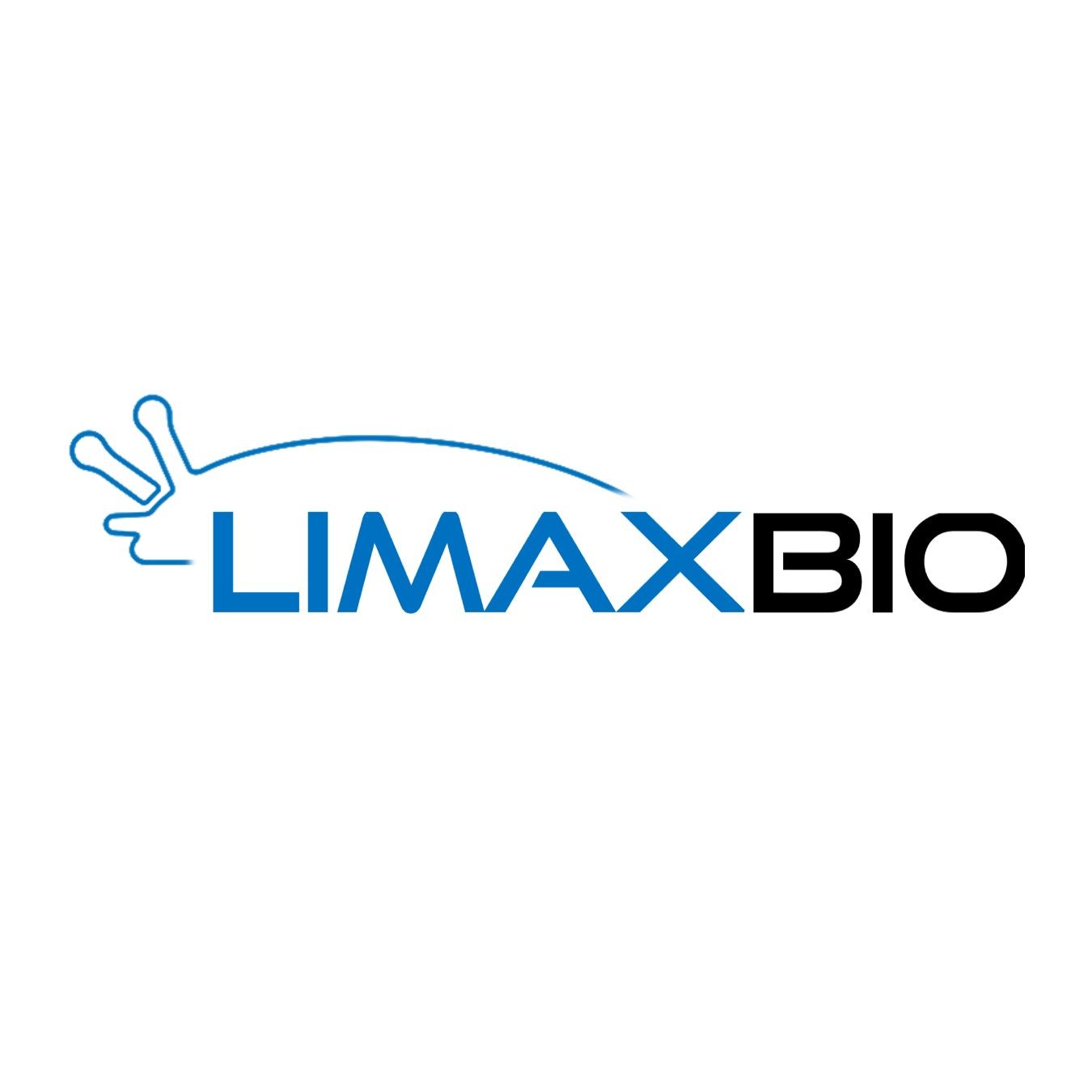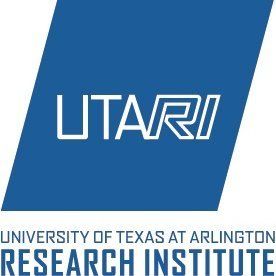Disaster Management
Providing healthcare during emergencies and crises.
Explore MTEC Members with Disaster Management Capabilities
Visit the MTEC members directory to explore organizations actively contributing to disaster management research, technology development, clinical trials, and commercialization efforts. Connect with innovators, collaborate on proposals, or initiate partnerships that can accelerate the next generation of disaster management solutions.
48 Members with Disaster Management capabilities.

The University of Texas System is a leading public university system in the United States, dedicated to improving lives through education, health care, and research. With over 256,000 students enrolled across 14 institutions, the UT System is committed to providing affordable access to higher education and producing a skilled workforce to drive Texas's economy.

Humanetics Corporation is a clinical-stage pharmaceutical company based in Minneapolis, Minnesota, focused on developing and commercializing products to enhance human health and wellbeing. Founded in 1988, the company specializes in radiation modulators, adjunctive oncology therapies, and pulmonary protective therapies, particularly for COVID-19. Humanetics is known for its lead drug candidate, BIO 300, which is being developed as a radioprotectant for military and civilian use, as well as a treatment to improve outcomes in cancer patients receiving radiotherapy. The company is actively engaged in research programs for non-small cell lung cancer, prostate cancer, and head and neck cancers.

The American Burn Association (ABA) is a multidisciplinary organization dedicated to improving the lives of those affected by burn injury. With over 3,000 members worldwide, ABA focuses on promoting and supporting burn-related care, prevention, education, and research. The association brings together professionals from various disciplines to advance quality care, advocate for prevention, provide educational resources, and foster research in the field of burn injuries. ABA is also recognized for its leadership in advocacy, professional development, and the establishment of best practices and guidelines for burn care. The ABA regularly hosts conferences, develops clinical guidelines, and partners with organizations to raise awareness and improve outcomes for burn survivors.

Pulsara is a purpose-driven healthcare technology company focused on improving the lives of patients and caregivers through innovative, real-time communication and collaboration. Their telehealth platform connects clinicians, EMS, hospitals, and emergency management teams on a single patient channel, enabling dynamic, scalable, and secure care coordination for any illness or injury. Pulsara's evidence-based solutions are designed to reduce treatment times, lower costs, and enhance experiences for both patients and providers. The company is recognized for its customer-first values, award-winning support, and commitment to privacy, security, and interoperability.

Ethos Solutions specializes in rapid problem solving in dynamic environments through the Ethos IDEALs (Identification, Define, Engagement, Alignment, and Leveraging). Ethos leverages module working groups (or cells) consisting of Subject Matter Expert (SMEs) clinicians, training cadre, warriors, academics, and researchers able to rapidly identify and solve problem sets that require a grounded approach forged in austere and dynamic environments.

cosinuss° is a medical technology company based in Munich, Germany, that is pioneering an ultralight monitoring solution in Europe for situations and use cases where the currently available monitoring solutions fail. The company specializes in in-ear biosensor technology connected to mobile devices for local application, and/or additional cloud-based analytics, supporting real-time local and remote patient monitoring for medical care in challenging operations, in remote environments, clinical trials, remote patient monitoring, and telemedicine. The solution is currently only available for sale in Europe.

DLH delivers improved health and national security readiness solutions for federal programs through science research and development, systems engineering and integration, and digital transformation. With over 3,200 employees, DLH is committed to solving complex problems faced by civilian and military customers, leveraging advanced technologies and methodologies to enhance health outcomes and operational readiness.

RBT Resources is a service-disabled veteran-owned medical device company focused on rapidly improving damage-control resuscitation and blood delivery in austere, prehospital, and mass-casualty environments. The company is developing a next-generation rapid blood transfusion platform that leverages a compact, reusable pump and mission-configurable disposables to enable faster, more controlled administration of whole blood and blood products at the point of injury. Founded by former U.S. Special Operations Forces operators, RBT Resources is dedicated to closing critical medical capability gaps observed in combat through user-driven design and close collaboration with military medical teams.

Limax Biosciences is dedicated to revolutionizing tissue healing through innovative biomaterials inspired by the natural slime of slugs. Their hydrogels provide superior adhesion and healing capabilities, addressing unmet medical needs both inside and outside the body.

Makani Science, Inc. is dedicated to transforming respiratory care by making respiratory monitoring more accessible, accurate, and comfortable. Originating from over a decade of research at the University of California, Irvine, the company was founded to address the critical need for reliable breathing monitoring in clinical and home settings. Their mission is to improve patient health by providing healthcare professionals and patients with better data, enabling earlier detection of respiratory issues, and enhancing quality of life through advanced biofeedback and wellness applications.

Martin, Blanck & Associates, LLC (MBA) is a healthcare consulting firm based in Alexandria, Virginia, founded in 1998 by Dr. Edward Martin and Mr. Alfred Giambone. The firm specializes in providing critical assistance to private sector clients, nonprofits, associations, and universities focused on federal healthcare delivery systems, public health programs, and government contracting. With over two dozen senior executive partners and more than 500 years of combined healthcare experience, MBA offers expertise in healthcare policy, program development, executive management, strategic planning, informatics, medical countermeasures, public health strategies, and emerging infectious diseases. The firm is committed to professionalism, ethical service, and delivering results for clients in both the public and private sectors.

Policy Wisdom, LLC is a global public health policy consulting firm founded in 2010, dedicated to delivering evidence-based solutions that positively impact public health worldwide. With a mission to be a benchmark of excellence in health policy, Policy Wisdom partners with governments, NGOs, pharmaceutical companies, and advocacy groups in over 150 countries. The company leverages a 100% virtual business model and a diverse, expert team to provide innovative methodologies and client-centered strategies. Their work spans policy strategy development, capacity building, evidence generation, and the creation of educational resources, all aimed at measurable improvements in health systems and equitable health outcomes. Policy Wisdom is recognized for its leadership in decolonizing global health, advancing precision medicine, and shaping policies that address both emerging and persistent public health challenges across the globe.

Solventum is a healthcare company dedicated to enabling better, smarter, and safer healthcare solutions. With a legacy of innovation, Solventum focuses on improving patient outcomes through advanced medical technologies, oral care solutions, health information technology, and purification and filtration systems.

The UT Arlington Research Institute (UTARI) specializes in applying cutting-edge technologies to real-world engineering problems. Our collaborative endeavors reflect a commitment to excellence, integrity, and respect for all, bringing economic growth and fulfillment to our families, business partners, university, and community.

The University of Maryland, Baltimore (UMB) is Maryland’s public health, law, and human services university. It is dedicated to improving the human condition and serving the public good through education, research, clinical care, and service. UMB is the founding campus of the University System of Maryland and offers a wide range of professional degrees in health care, human services, and law.

Predicate AI Labs is advancing the future of healthcare diagnostics as the developer of OpenDx™, a clinical surveillance platform that anticipates — not just detects — patient deterioration. By fusing wearable sensor data with voice analysis (semantics and vocal biomarkers), Predicate is redefining early warning systems to support earlier intervention, improve outcomes, and extend advanced surveillance capabilities to low-resource, austere, and military care settings.

University of Pittsburgh
Topical Metformin Lotion for Tendinopathy Prevention
University of Pittsburgh study shows topical metformin prevents overuse tendon injury. This work was sponsored through MTEC project 22-02-MPAI-014.
Theradaptive
Theradaptive’s RESTORE Trial Initiation for OsteoAdapt™ DE
Theradaptive launches RESTORE Phase I/II trial of OsteoAdapt™ DE for faster, precision bone healing in craniofacial injuries. MTEC-funded study targets improved recovery for military and civilian patients.
Altec
Autonomous Rehabilitation Device for Improved Recovery in Warfighters
The OSCIR platform—developed by Altec Inc in collaboration with the Naval Health Research Center—is bringing clinical-grade, real-time movement analysis to the front lines. Funded under MTEC-22-02-MPAI
Medical Technology Enterprise Consortium (MTEC)
The Power of IP: Why It Matters to MTEC and Our Mission
MTEC President highlights intellectual property as essential to protecting innovation, attracting investment, and enabling collaboration. A new partnership with Patenter.io supports members in managing and commercializing IP.